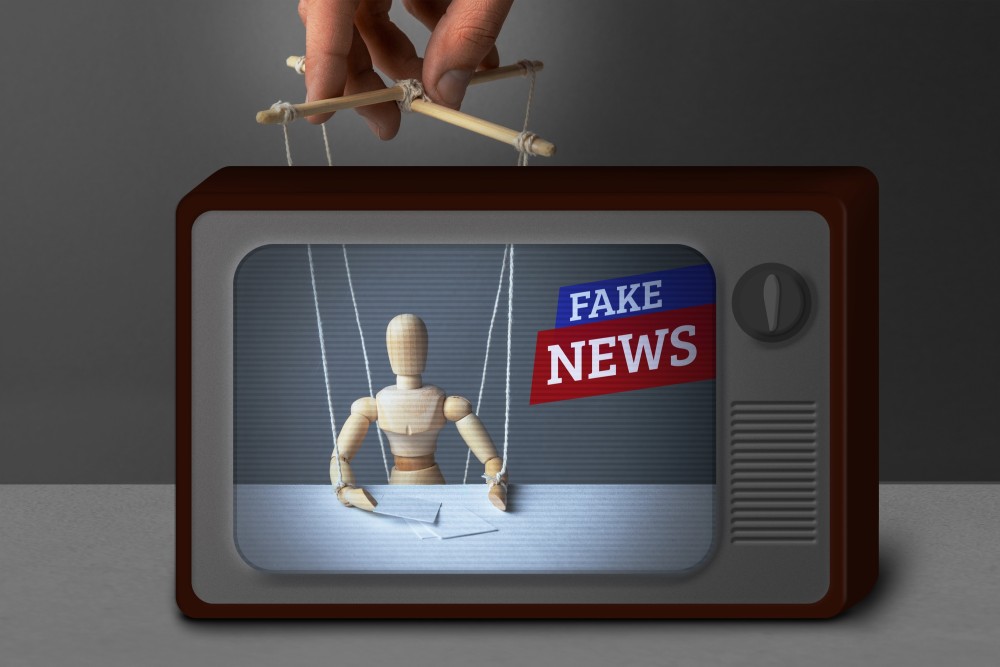
posted 15th October 2022
Self-regulation is a process where a particular industry or profession sets and enforces its own ethical standards and codes of conduct, without the involvement of external government agencies or regulatory bodies. The idea behind self-regulation is that those within the industry are in the best position to understand its intricacies and nuances and, therefore, can more effectively regulate themselves than an external agency could.
However, self-regulation can be detrimental to consumers in a number of ways.
Firstly, self-regulation can lead to conflicts of interest. Industries may be incentivized to prioritize their own interests over those of the consumers, leading to weak or ineffective regulations that do not adequately protect consumers. For example, self-regulatory organizations may be hesitant to implement strict guidelines or regulations that could reduce profits for their members.
Secondly, self-regulation can result in a lack of transparency and accountability. When an industry regulates itself, there is no external oversight, which can lead to a lack of transparency and accountability. This can make it difficult for consumers to know if their interests are being protected, or if the industry is acting in a way that is detrimental to them.
Lastly, self-regulation can be detrimental to consumers if the industry or profession is unable to effectively regulate itself. This can occur if the industry lacks the resources, expertise, or motivation to establish effective self-regulatory systems. In such cases, self-regulation may lead to inadequate protections for consumers, leaving them vulnerable to exploitation or harm.
Overall, while self-regulation can be effective in some cases, it can also be detrimental to consumers if it leads to conflicts of interest, a lack of transparency and accountability, or ineffective regulatory systems.

